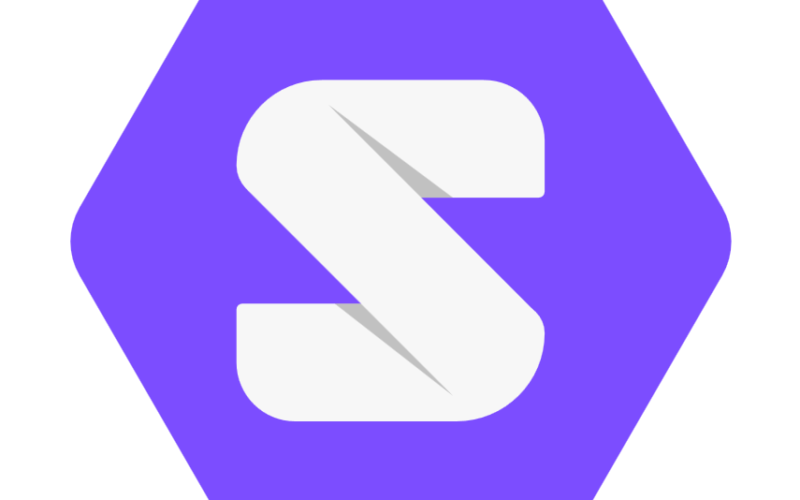When the web took off in the 90s, the dream wasn’t just big, it was unparalleled: everyone would have their own homepage, everyone would publish their thoughts, and everyone would have control over their data.
But we’re 20+ years down the line now, and there’s a monopoly in place over vast portions of the web: Facebook for social, Google for searching, Amazon for purchases. These companies have unprecedented power, and a competitive advantage that’s virtually impossible to overcome.
This has inspired an effort to re-decentralise the web.
That effort comes from Tim Berners-Lee. Berners-Lee’s new project, Solid offers a way for users to own their data whilst making it available to the applications that want to use it.
With Solid, you store your data in “pods” (personal online data stores) that are hosted wherever you choose.
But Solid isn’t just a storage system: it lets other applications ask for access to data. Solid does this without having to give information to those we may not fully trust.
For example, you might want to keep your personal information in one or several pods: the sort of data about yourself that you put on Facebook: friends, family, location history etc. That way, when someone develops the next big social network, you could join by giving permission to access the information in your pod. Your data would remain your own, stored where you prefer, and usable only by apps that you’ve given permission to.
Could Solid re-decentralise the web?
It’s likely to boil down to demand. Does the average user care what happens to their data?
If we revert back to the Facebook example, it’s unlikely that a new network will launch with that level of reputation and polish.
But there is hope: these initiatives don’t have to displace the major players, just provide alternatives to them.
The question is whether they can be pushed back by the protocols that enable it to re-decentralise.


Comments are closed here.